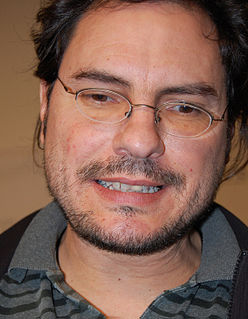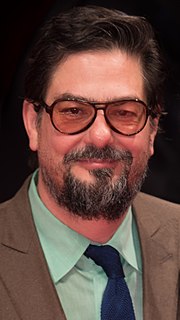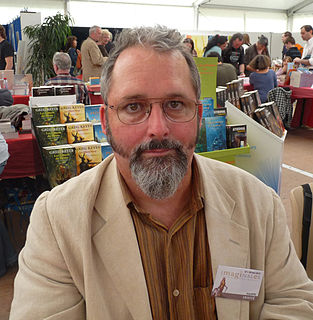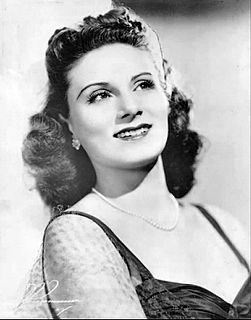A Quote by Steven Spielberg
You can't start a movie by having the attitude that the script is finished, because if you think the script is finished, your movie is finished before the first day of shooting.
Related Quotes
I think Memento movie was hard because people didn't get it, they just didn't understand it. Not from the stage when we read the script and liked it. It's sort of a famous story now how we finished the movie and showed it to distributors and nobody wanted it. So it wasn't just they didn't get the script, they really didn't even understand the movie when it was done. But I think that was a particularly hard one. I don't think it was harder because we were girls, but I do think obviously there are particular challenges to working in a male-dominated industry.
In France now, there's no problem with official censorship. Once your movie is finished, you always are R-rated. My movie is just R-rated in France. But when you meet French producers with a script like mine, they behave like the most fragile chickens in the world. They just tell you "Oh, no. You should cut this. You should cut that." And at the end you have been totally censored on the synopsis, and then on the script.
When I was writing the script, I knew didn't want to make a sports movie. I was very clear that I wanted to make a sibling rivalry story. So when I was writing the script, the football was getting in the way of the drama. One day, I saw Michael Haneke's Funny Games, which is probably the most violent film I've ever seen - but the violence is off camera. When I finished watching the film, I said, 'Hey, that's what I have to do.' Haneke gave me this solution.
Whenever you take a subject you're obsessed with or that haunts you, and make a movie about it, you're converting it into work units that need to be completed. You gotta turn it into a treatment, a script, a grant application, a bunch of forms to be filled out, a shooting schedule, casting sessions, auditions, shooting, editing, music compositions, the film festival circuit, interviews even. And by the time you've finished the process you're so sick and tired by something that was once very precious to you that you're done with it.
The short film project I just finished for W Hotels and Intel, I didn't have my script finished until a few days before we began filming. We edited it very quickly and now it's up online. It was great to conceive an idea and have it premiere just a few weeks later, compared to a feature, which takes a year or more.
When you try to be true to the script, changes occur. A script is there to show us a certain direction. But when you actually have the actors in and you start shooting the movie, you have the actor say a line and it doesn't sound right so you change it and make it different. It's the script that gives birth to these changes and the more you try to stay true to the script, the more that happens.
As soon as you're finished shooting, you have to go into the edit room and choose all of the shots that you're going to commit to because the visual effects vendor has to get it because they'll spend months on it. So, you're editing out of sequence before you've gotten a film for the movie and the performances.






































